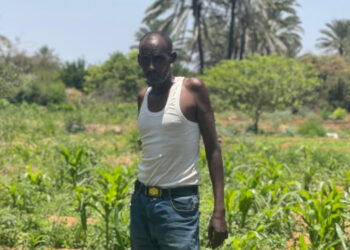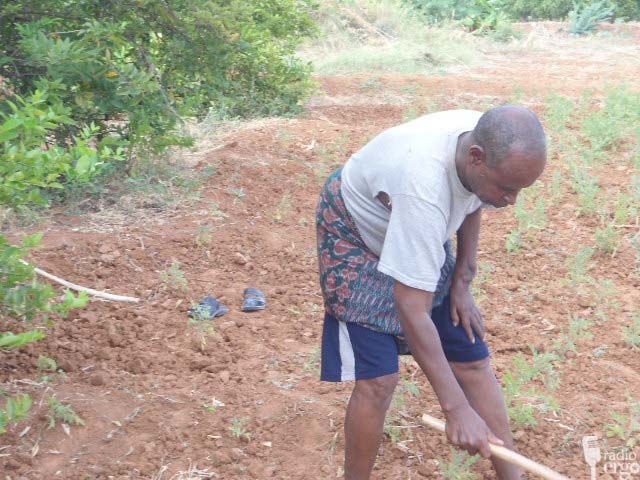(ERGO) – Education authorities in Afmadow, Lower Juba, say they will make special arrangements for children who missed recent exams due to flooding that cut off their homes from access to local schools.
According to the Afmadow education committee, 650 students living in IDP camps called Dhobale, Bu’ale, Bilis-qoqani, Sooya and Kaam-ruun were unable to get to school when floods in a valley cut off the camps from the other side.
Parents like Leyla Wardher Ali, a mother of six, were unable to pay fares for her children to rise on the ferry boats that sprang up to make crossing over the floods. They live in Bu’ale camp.
“At first we could cross the flooded area on foot but now it’s at chest level and hard to cross. We can’t afford to pay to cross because neither me nor my husband work,” she said.
Her two children in Dhoobale school were unable to make it to classes when the water rose on 24 April. Three other schools, Waamo, Afmadow, and Waabari, also had students unable to reach classes.
Some families made their own makeshift rafts using oil drums and pieces of wood. Ferries were charging $1.5 per crossing.
Classes continued at the school for the students who could attend. Leyla is worried they might have to repeat the whole year at a time of financial hardship exacerbated by the weather.
“We normally do casual work. My husband is out of work, today is the sixth day he’s been at home. The same for me, I normally go out to clean houses and wash clothes while my husband works in construction. We are in a difficult situation. We don’t have anything, there is flood water and there is nowhere to pass,” she said.
Life has been tough since they joined this camp in 2017 after fleeing Salagle area in Lower Juba, where crops failed on their 10-hectare farm due to severe drought. Now, the floods are causing them to be short of food.
“We take food on credit from a shop. I ask her [the shopkeeper] to give me time to repay. We cook breakfast in the morning and wait until dinner. We can’t get all three meals.”
Another IDP mother, Nurta Osman Ali, said two of her three children were in school and she had borrowed money from her relatives to pay the $1.5 fees.
She was worried about the safety of her children in fourth and fifth grade as they crossed the flooded area.
“They normally walked to school and didn’t need boats. But now they have to wait for boats, they get to school hours after the classes begin because the boats get overloaded. There are many risks as well,” she said.
She hopes that once the flood water subsides their expenses will reduce.
Nurta worked until she fell sick with diabetes and the doctors advised her to stay at home. Her 90-year old husband also stays at home with her.
Her family were registered in the Bahnano national social security programme and received flour, rice, sugar, and cooking oil from WFP in March. They expect the aid to continue for six months.
The deputy headteacher of Dhobale school, Abdikadir Khalif, said about 200 students from Dhobale IDP camp failed to make it to the exams.
“The floods brought inaccessibility, some couldn’t afford the transport, while others feared the journey. The students missed out on the exams, and the majority of the people affected by the floods were the IDPs,” he said.
He stated that they would put in place measures for the students who missed the exams when they were able to return to the school.
The water in this area flows from north-eastern Kenya and according to locals the last time this area flooded was in 2018.











